Overview
Bramhachari Damodarananda College (BDC) is a community-owned campus in Mirchaiya Municipality-5, Siraha, Nepal. The college is affiliated with Tribhuvan University (TU) and approved by the University Grants Commission (UGC) of Nepal.
BDC offers Bachelor of Business Studies (BBS), Bachelor of Education (B.Ed.), and Master of Education (M.Ed.) and follows TU curricula and national academic standards.
Established in 2065 BS, the campus serves local learners with affordable fees, a student-friendly environment, and a focus on steady academic growth.
BDC is taking part in the UGC Quality Assurance and Accreditation (QAA) process to strengthen governance, teaching-learning practice, and transparency.
Quick Highlights
-
Location: Mirchaiya Municipality-5, Siraha, Nepal
-
Ownership: Community campus (not-for-profit)
-
Affiliation: Tribhuvan University (TU)
-
Approval: University Grants Commission (UGC), Nepal
-
Programs: BBS; B.Ed. (English, Nepali, Health, Population, Economics, Science Education); M.Ed. (Health Education, Nepali Education)
-
Academic Calendar: TU guidelines and campus notices
-
Quality Focus: Participation in UGC-QAA activities
-
Fees: Affordable, with limited support for needy students based on campus rules and funds
Academic Programs Offered
Bachelor of Business Studies (BBS)
BBS at BDC follows TU’s framework with core courses in accounting, finance, economics, business law, and management. The program includes a concentration in Financial Management. Students practice business communication, basic data handling, and report writing tied to local market cases.
Graduates aim for entry-level roles in cooperatives, trading firms, banking support functions, and small enterprises. The program also suits students planning for postgraduate study in management or public service preparation.
Bachelor of Education (B.Ed.)
The B.Ed. is a four-year program with a mix of pedagogy, subject specialization, and school-linked practice. Subject groups include English, Nepali, Health, Population, Economics, and Science Education. Students learn classroom practice, assessment basics, and subject-specific methods.
Micro-teaching, school observation, and practice teaching help students connect theory with local classroom realities—multilingual settings, mixed ability, and resource limits common in public schools.
Master of Education (M.Ed.)
BDC runs M.Ed. in Health Education and Nepali Education. The curriculum covers educational research, measurement and evaluation, curriculum practice, and advanced pedagogy. Students prepare proposals, complete seminars, and write a dissertation or project as per TU rules.
This pathway supports teachers, department leads, and education officers who seek stronger subject knowledge and research-informed practice linked to local needs.
Pipeline and Proposed Areas
The campus has discussed starting programs such as MBS and selected technical or vocational offerings. Any new intake depends on approval from TU/UGC or relevant authorities. Applicants should confirm the current status through official campus notices.
Admission Process
-
Eligibility: As per TU rules for each program. For BBS and B.Ed., a 10+2 or equivalent is required. For M.Ed., a B.Ed. or relevant bachelor’s degree from a recognized institution is required.
-
Application: Forms and deadlines are announced by the campus. Applicants submit transcripts, character certificates, photos, and other documents listed in the notice.
-
Selection: Merit-based shortlisting using academic records and, where applicable, department criteria aligned with TU guidelines.
-
Enrollment: Orientation and admission are completed within the published timelines.
For exact dates, seat numbers, and updates, refer to campus notices or contact the administration.
Teaching Faculty and Learning Methodology
BDC engages qualified faculty in Education and Management. Teaching practice focuses on syllabus coverage, class interaction, and timely feedback. Remedial support is arranged when resources allow.
-
Education: Lesson planning, classroom observation, micro-teaching, and supervised practice in partner schools.
-
Management: Case tasks, short reports, and basic projects that connect management concepts with local business activities.
Faculty share good practices through meetings and, where possible, attend workshops or QAA-related activities to support consistent delivery.
Infrastructure and Learning Facilities
The campus is community-supported and growing its facilities step by step.
-
Classrooms: Standard rooms with a plan to increase multimedia use for visual instruction.
-
Library and E-Resources: A developing print collection, orientation on referencing, and plans for e-library access in line with campus goals.
-
ICT Support: Basic computer access for coursework and administrative services.
-
Examination and Records: Internal assessment and final examinations follow TU rules; the campus maintains academic records and assists with official documentation.
BDC aims to improve seating, subject-wise resources, and connectivity based on available funds and community support.
Student Life and Campus Experience
Students come from Mirchaiya and nearby areas. The campus promotes punctuality, respectful conduct, and collaborative study. Peer study groups, teacher consultations, and mentoring by seniors are encouraged.
In Education, students complete school visits and practice teaching. In Management, students connect course tasks with local enterprises through small projects or field observations.
Extracurricular Activities (ECA)
Within available resources, the campus supports activities that build confidence and communication:
-
Literary events such as debate, speech, and poetry
-
Health awareness and community outreach led by Education departments
-
Management events like basic enterprise visits or small project showcases
These activities align with the academic calendar and may involve local schools or municipal partners.
Scholarships and Financial Support
BDC keeps tuition affordable as a community campus and supports inclusion. Based on campus rules and fund availability:
-
Need-based waivers or partial support may be offered
-
Encouragement for girls, Dalit, and marginalized groups
-
Guidance on national or local scholarship notices when available
Categories, criteria, and deadlines are announced through official campus channels. Applicants should prepare required documents and apply on time.
Achievements and Institutional Milestones
-
Community initiative since 2065 BS with UGC approval for higher education delivery in Siraha
-
Participation in UGC-QAA for academic self-review and continuous improvement
-
Ongoing work to strengthen classrooms, library services, and ICT use
-
Graduates contributing to local schools, cooperatives, businesses, and public service preparation
Why Choose This Institution?
-
Community orientation with a not-for-profit model and local access
-
TU affiliation and UGC approval with recognized degrees
-
Clear teacher-education pathways through B.Ed. and M.Ed. with school-based practice
-
BBS with Financial Management suited to local market needs and entry-level roles
-
Quality focus through QAA activities and documented procedures
-
Steady plan for ICT, e-resources, and program growth subject to approvals
Conclusion
Bramhachari Damodarananda College offers TU-affiliated programs in Education and Management for students in Mirchaiya and surrounding communities.
The campus follows national standards, keeps fees affordable, and supports students with practical learning steps.
Its work with QAA, community linkages, and clear academic procedures makes it a reliable choice for learners seeking recognized qualifications.
For admission dates, seats, and recent updates, review campus notices or contact the administration.
Contact Bramhachari Damodrananda College's administrative office for detailed information on the course, admissions, location, fees, scholarships, facilities, counseling or eligibility.


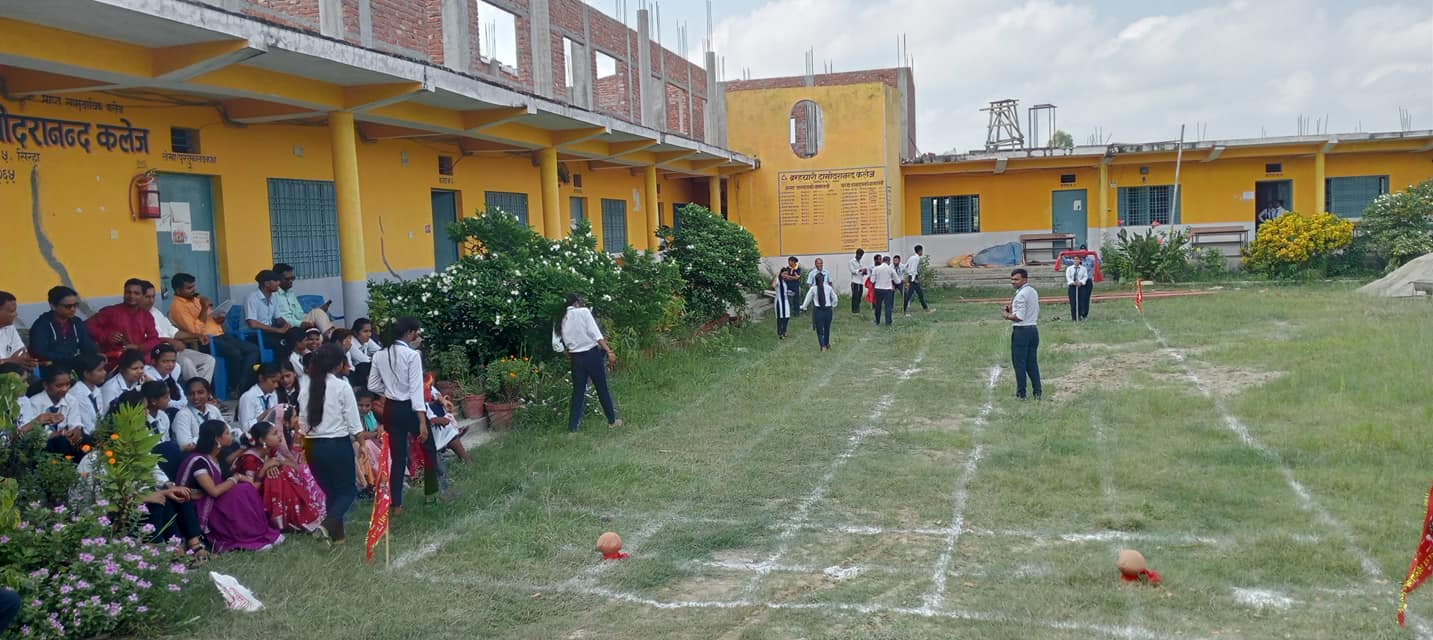


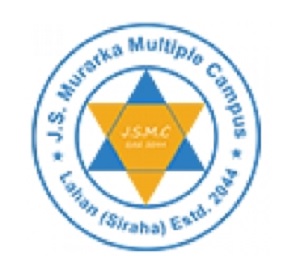
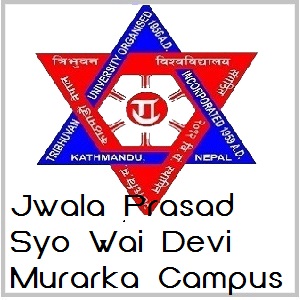
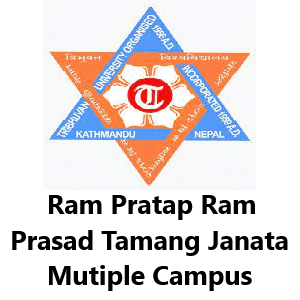
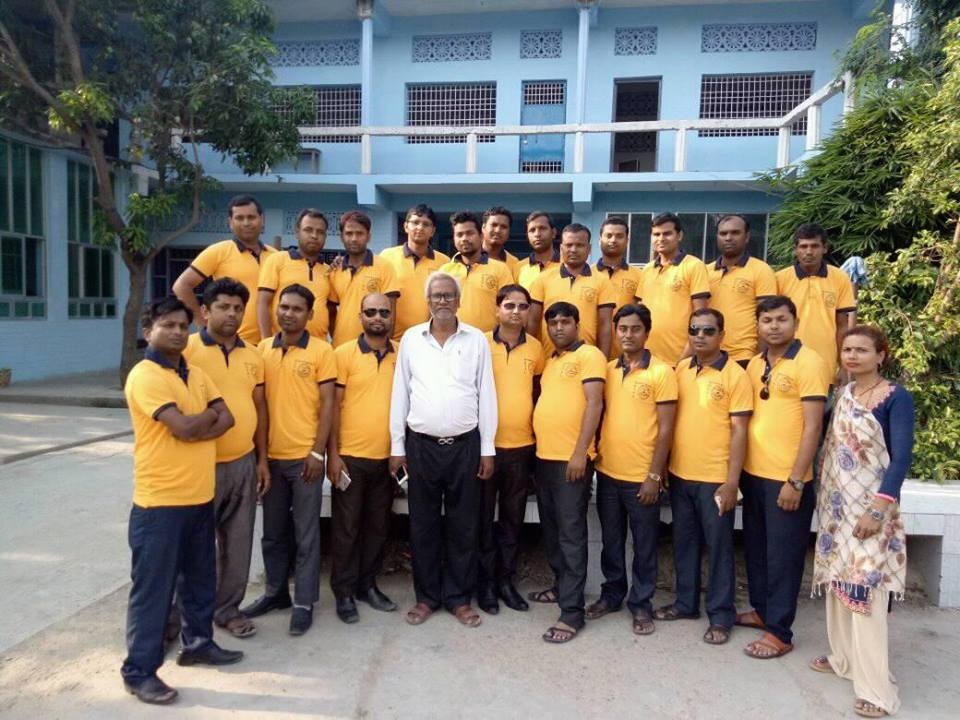
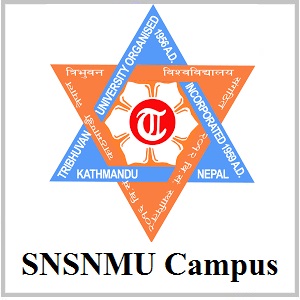










You need to login to comment.